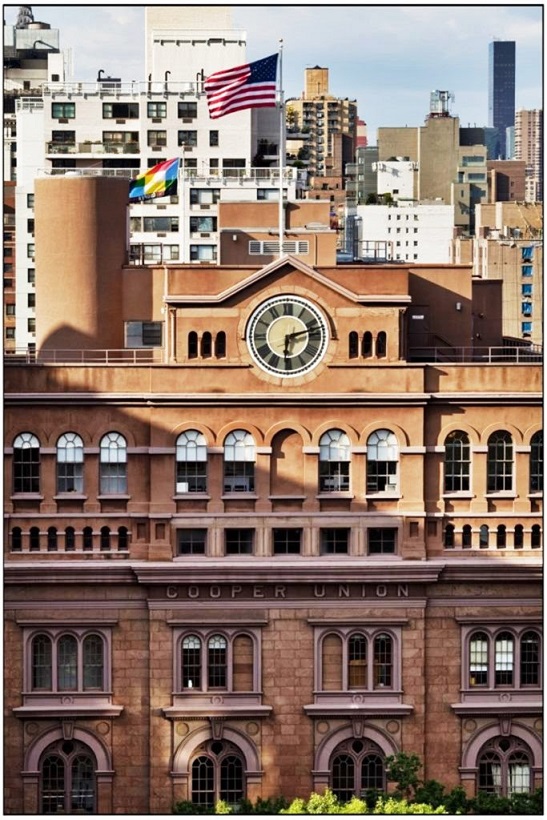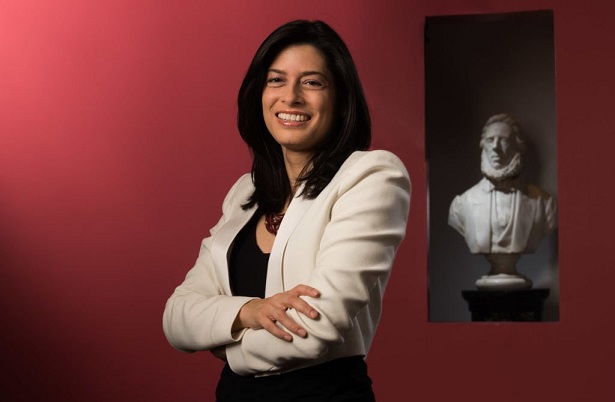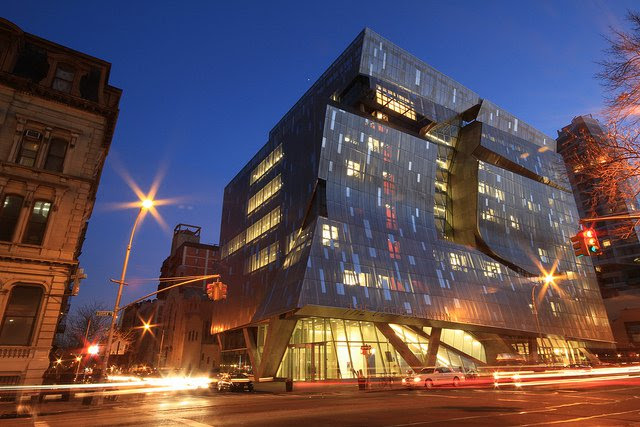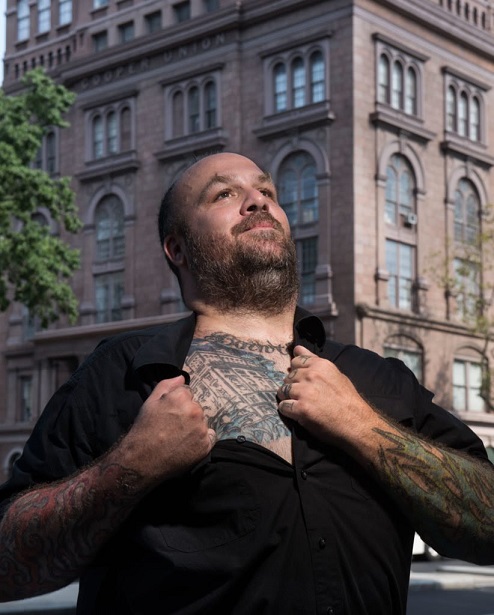The Cooper Union.
Photo Drew Dies, via Flickr.
The crisis made national headlines and resulted in deep and lasting rifts in the school community. Dramatic student protests and a lawsuit brought by faculty, alumni, and students led to an investigation by New York Attorney General Eric Schneiderman that uncovered significant mismanagement.
A consent decree, signed in 2015, swept out several board members and stipulated that the school submit to financial monitoring as it investigated the possibility of “a return to free,” as community members call it. The institution, with colleges of art, architecture, and engineering, counts among its alumni Pritzker-winning architect Shigeru Ban and artists Eva Hesse and Lee Krasner.
At present, no student pays more than 50 percent of the sticker price of about $40,000 per year. One-third of students attend free, and overall, the school remains 76 percent free. The 10-year plan, devised by the board’s Free Education Committee, calls for establishing some $250 million in new resources, including $150 million in fundraising, in order to get the institution on sound financial footing.
Within two years, the school will begin to increase scholarships, provided it meets its fundraising goals. It predicts that it will raise scholarship levels steadily until 2029, when, assuming all goes according to plan, Cooper will return to 100 percent free admission. If the school exceeds its financial goals, it may accelerate the increase in scholarships.
Not all alumni and faculty are thrilled with the decision, however. Artist Walid Raad, a professor at the art school, and other community members have called for an immediate return to free tuition. They maintain that the plan calls for unnecessarily ambitious fundraising and that every year the school charges tuition causes severe damage to its reputation. Moreover, they say that dissenting views, voiced in numerous community meetings, were swept under the rug.
In an email to artnet News, Raad called today’s vote “disappointing but expected.” He said the plan chains “2,000 current and future students to a $60 million bill. I am not certain what or who is being freed in this instance. Now and in the future.”
The Attorney General’s office, for its part, has given the deal a stamp of approval. John Oleske, the AG’s senior enforcement counsel, said in a statement: “So many thought this work couldn’t be done, but all of the parties—from Board Chair Rachel Warren to President Sparks to the members of the Free Education Committee and the community members who spoke so passionately about their hopes and concerns for The Cooper Union—invested incredible amounts of time to create a blueprint to accelerate the return to a sustainable tuition-free school.”



